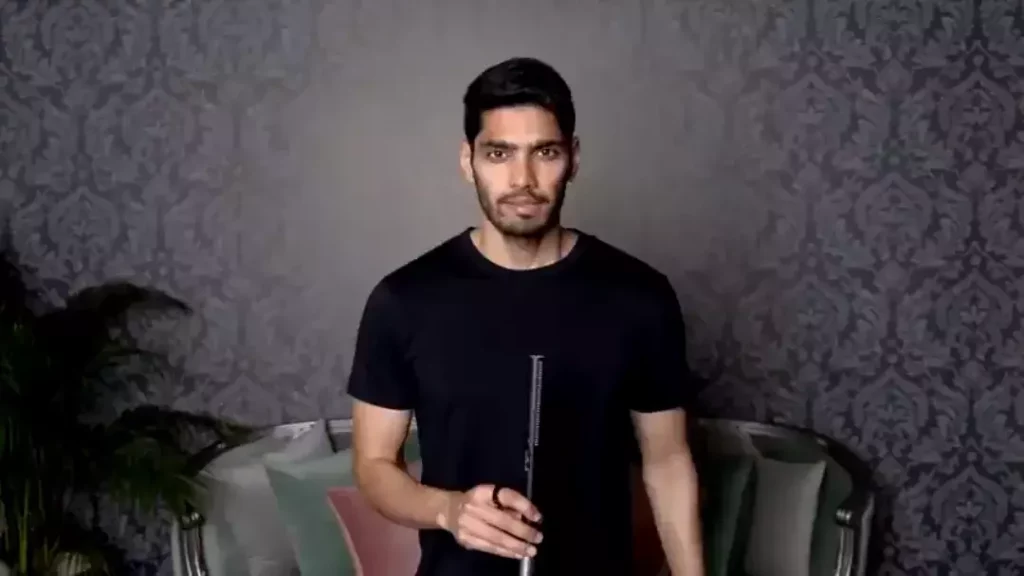
ANI Faces Heat Over YouTube Copyright Strike Allegations
In a shocking development, Indian YouTubers have accused the news agency ANI (Asian News International) of misusing YouTube’s copyright strike system to demand exorbitant payments of up to ₹50 lakh. The controversy has sparked widespread outrage, calls for legal reform, and scrutiny of both ANI and YouTube’s enforcement mechanisms in India.
At the center of the storm is Mohak Mangal, a popular YouTuber with over 1.5 million subscribers. Mangal claims that ANI sent him a copyright infringement notice, alleging that his videos used their copyrighted content without permission. However, Mangal maintains that his videos were simply news clips and fell under the category of fair use, as allowed under Indian copyright law.
Fair use is a crucial provision that permits the use of copyrighted material for purposes such as news reporting, criticism, commentary, teaching, scholarship, or research. In the digital age, fair use has become increasingly important, as it allows creators to build upon existing works and share their own perspectives and insights.
According to Mangal, ANI’s demands went beyond the scope of fair use, seeking massive payments for the use of their copyrighted material. This, he argues, is a clear case of extortion and a threat to free expression. “ANI is using YouTube’s copyright strike system as a tool to silence and intimidate creators,” Mangal said in an interview. “This is a blatant attempt to suppress dissenting voices and stifle creativity.”
Mangal’s allegations have been echoed by other Indian YouTubers, who claim to have received similar demands from ANI. Some have reported receiving multiple copyright infringement notices, despite having used only short clips of news footage. The cumulative effect of these strikes, they argue, is to create a culture of fear and self-censorship, where creators are forced to avoid using copyrighted material altogether.
The controversy has also raised questions about YouTube’s enforcement mechanisms in India. Critics argue that the platform’s automated copyright detection system, Content ID, is prone to errors and disproportionately targets Indian creators. “YouTube’s algorithm is biased towards Western content, and it prioritizes the interests of large media corporations over those of individual creators,” said Rishabh Jain, a Delhi-based YouTuber.
The Indian government has taken notice of the controversy, with several ministers and lawmakers expressing concern over the allegations. “We will investigate this matter and take necessary action to protect the rights of Indian creators,” said Minister of State for Information and Broadcasting, Anurag Thakur.
The controversy has also sparked a wider debate about the need for legal reform in India. “The Indian copyright law needs to be updated to clarify the concept of fair use and provide greater protection for creators,” said lawyer and intellectual property expert, Zafar Kazmi. “The current law is ambiguous and has led to a culture of fear and self-censorship among creators.”
In response to the allegations, ANI has issued a statement denying any wrongdoing. “ANI respects the intellectual property rights of all creators and will take all necessary steps to protect its interests,” the statement read. “We are committed to ensuring that our content is used in a fair and legal manner.”
YouTube has also responded to the controversy, stating that it is taking the allegations seriously and is working to address the concerns of Indian creators. “We understand the importance of fair use and will ensure that our enforcement mechanisms are fair and transparent,” a YouTube spokesperson said.
As the controversy continues to unfold, one thing is clear: the ANI-YouTube copyright strike allegations have exposed a deeper issue about the need for greater transparency and accountability in the digital media landscape. Indian creators are calling for greater protections and clearer guidelines on fair use, while ANI and YouTube must demonstrate a commitment to protecting the rights of all creators, not just the powerful and well-connected.
Source: https://ascendants.in/industry_events/ani-copyright-strikes-extortion-fair-use/






